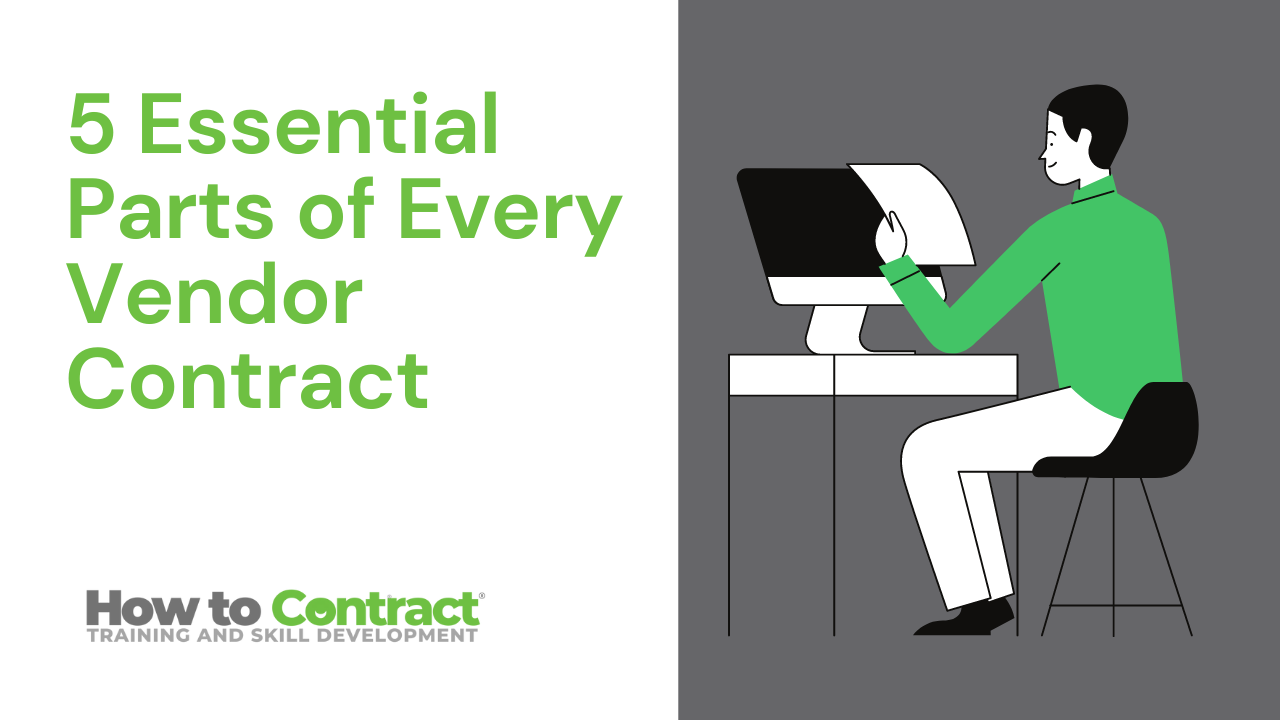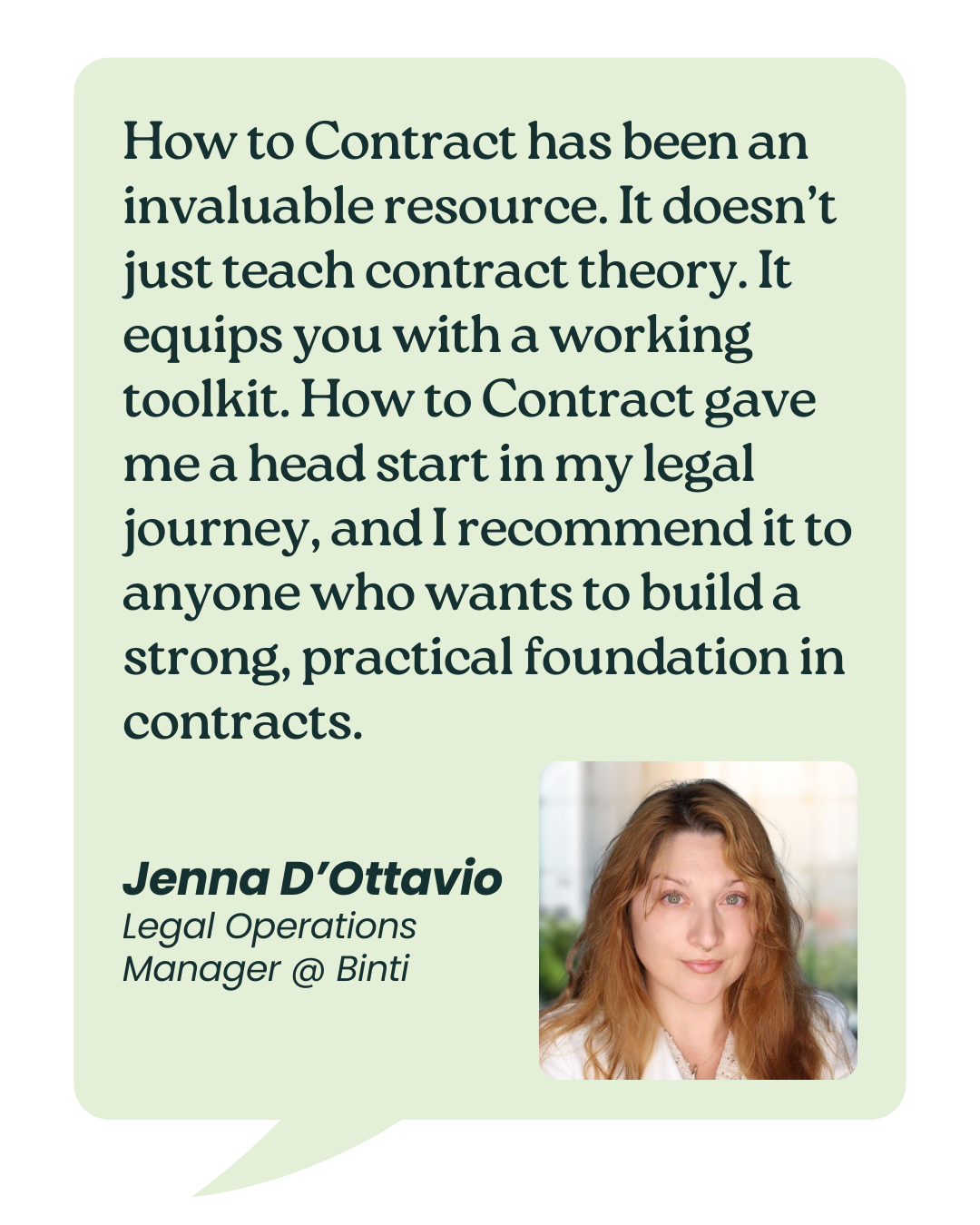
5 Essential Parts of Every Vendor Contract
Vendors and customers form contracts in many ways and formats. Yet most written vendor contracts include the same legal provisions and usually in the same general order:
1. Scope
A vendor contract will describe the products or services included in the contract and how those products or services will be delivered. By clearly defining what each party expects from the other many mistakes can be avoided.
2. Timing
Vendor contracts should also clearly establish when the vendor will be paid, when the goods or services will be delivered and when the business relationship will end.
3. Price and payment
Vendor contracts should clearly establish the price paid in return for the vendor’s performance. It should also cover how the vendor will be paid—whether via cash and currency, an in-kind contribution, forgiveness of debt, or any other financial arrangement.
4. Termination
A vendor contract creates a business relationship, but it should also include how and when that business relationship will end, as well as any steps either party can take if they are to complete the contract early.
5. Consequences
Vendor contracts will also detail consequences should either party not fulfill their duties and obligations under the contract. This establishes how parties can settle any disagreements that arise while also ensuring awareness of ramifications if they do not fulfill their terms of the contract.
How to Contract's membership is designed to help you build real-world expertise with commercial contracts. Get access to our comprehensive system of live and on-demand courses, weekly lessons, detailed playbooks, and more. Join today!







